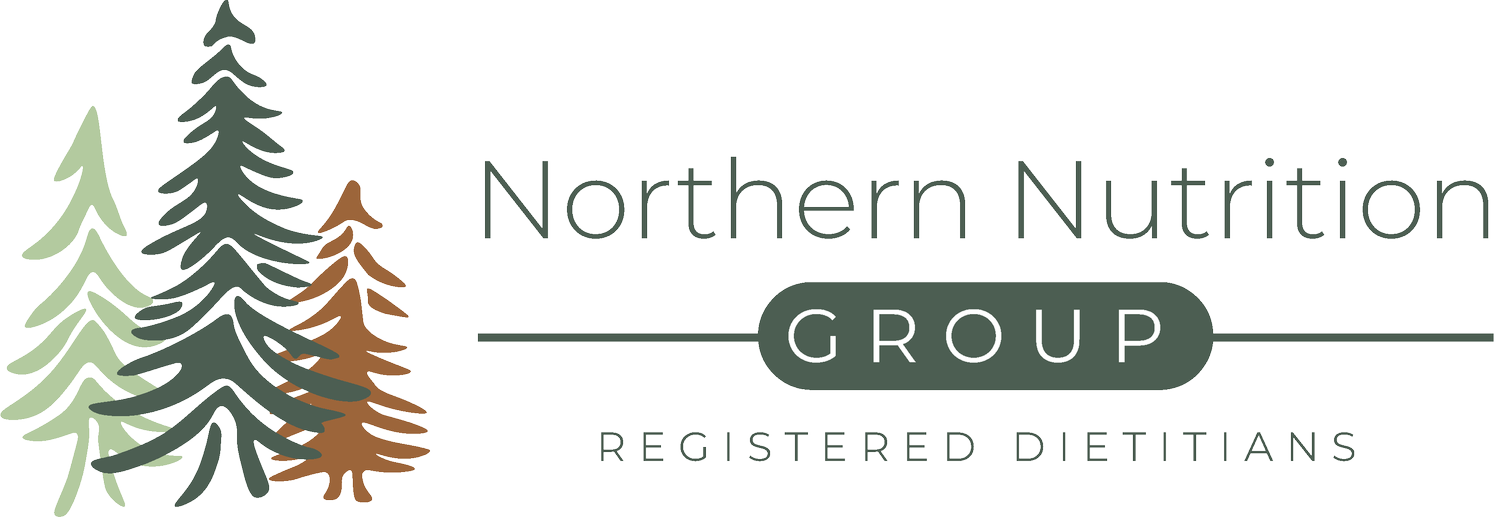Electrolyte Powders: Wellness Hack or Just Expensive Pee?
As an RDN, I’ve noticed electrolyte powders have exploded in popularity in recent years. They are marketed as a must-have for energy, recovery, and even daily hydration. But for most people, these powders may be more hype than help.
What Are Electrolyte Powders
Electrolyte powders typically contain sodium, potassium, magnesium, and chloride. These are minerals that help regulate fluid balance, nerve signaling, and muscle contraction. When mixed with water, they’re meant to replace electrolytes lost through sweat.
However, for the average healthy adult, typical fluid losses are easily replaced by drinking water and eating balanced meals. Foods like fruits, vegetables, dairy, and nuts naturally provide electrolytes in amounts that meet daily needs (Maughan & Shirreffs, 2019).
When Electrolyte Powders Might Be Useful
There are situations where supplemental electrolytes can make sense:
Prolonged or intense exercise (more than 60–90 minutes), especially in hot or humid conditions
Heavy sweat loss from heat exposure or labor-intensive work
Illness involving vomiting or diarrhea, under medical guidance (WHO, 2017)
In these cases, electrolyte replacement can prevent dehydration and maintain sodium balance.
Why Most People Don’t Need Them
For light to moderate exercise or daily hydration, electrolyte powders are rarely necessary. Most products contain far more sodium than the average person loses in a short workout (sometimes up to 500–1000 mg per serving). Many also include unnecessary “performance” ingredients. Overconsumption can contribute to excessive sodium intake, which is associated with elevated blood pressure (USDA, 2020).
If you’re exercising less than an hour or not sweating heavily, water is still the best (and most economical) hydration choice. A balanced diet easily restores electrolyte levels without the cost or additives of powders.
The Takeaway
Electrolyte powders aren’t harmful for most people, but they’re often unnecessary and overpriced. Save them for endurance workouts, hot-weather exertion, or illness recovery. For everyday hydration, water and whole foods will do the job just fine, and save your wallet too! For a more personalized look into your hydration and electrolyte needs, contact a Northern Nutrition Group Registered Dietitian today.
References:
Maughan RJ, Shirreffs SM. (2019). Hydration and performance during exercise. Annals of Nutrition & Metabolism, 74(Suppl 3):44–52.
World Health Organization. (2017). Oral Rehydration Salts: Production of the New ORS. Geneva: WHO Press.
U.S. Department of Agriculture and U.S. Department of Health and Human Services. (2020). Dietary Guidelines for Americans, 2020–2025.
Written by Kylie Conner
Kylie specializes in: Oncology - supporting individuals through cancer treatment, remission, malnutrition, food aversions, enteral nutrition, and preventive strategies. PCOS & Fertility - weight-inclusive care for hormonal balance, menstrual health, and fertility support. Cardiovascular Disease - heart disease, high cholesterol, high blood pressure, and related conditions. Chronic Disease Prevention and Management - focusing on sustainable, non-restrictive approaches to improve long-term health and reduce risk.
